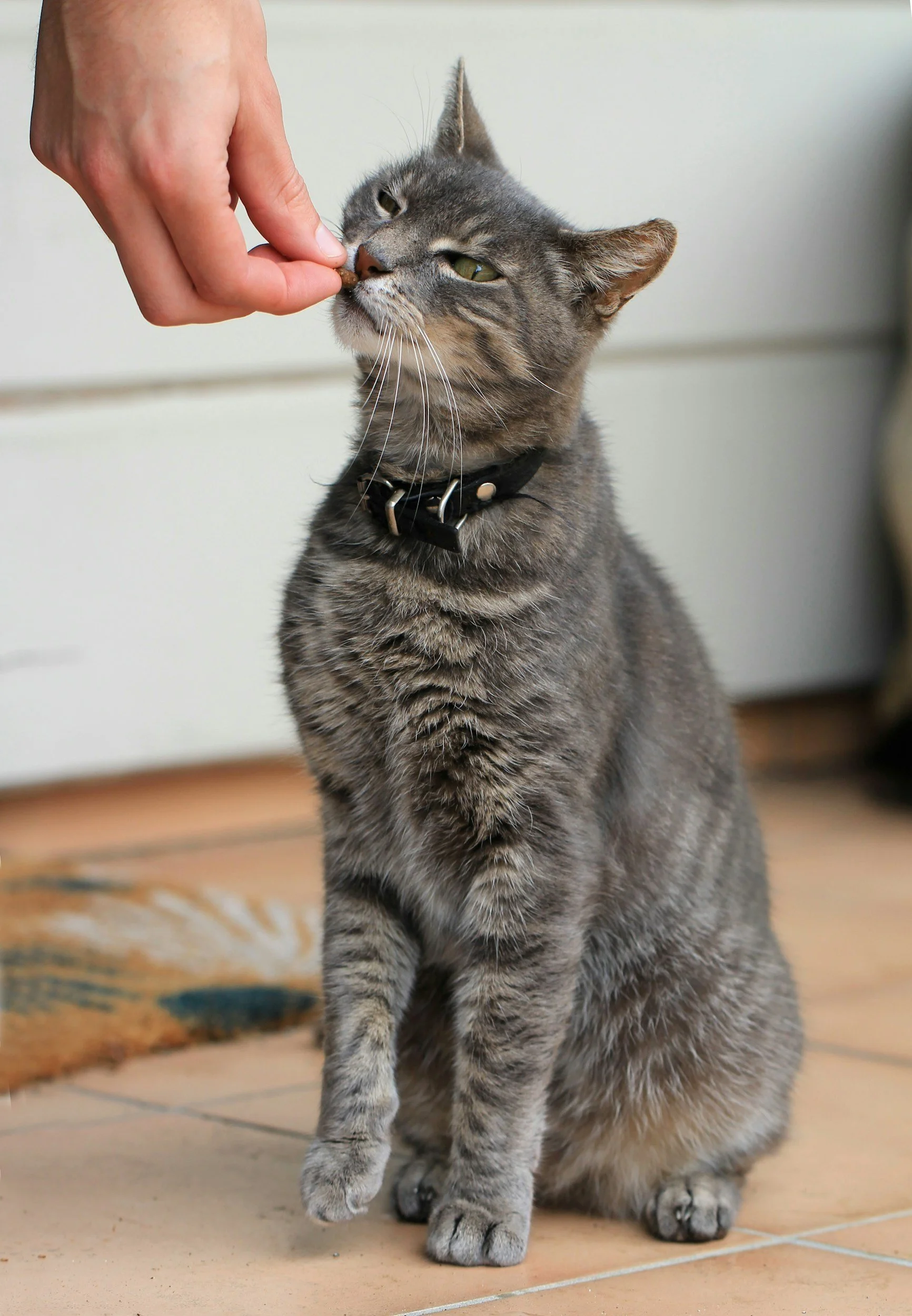
Feeding an animal nourishes the heart. Caring for their well-being enriches the soul.
Feed . Foster . Spay/Neuter . Adopt
Project Love 4Paws Inc. is dedicated to supporting community cat feeders and families in need through our various programs aimed at promoting responsible pet ownership and reducing the number of animals in shelters. We understand the challenges that many families face, especially during difficult financial times. Our mission is to ensure that pets remain in loving homes by providing essential resources and assistance.
-

Community Cat Feeder Support
Taking care of a cat colony requires a combination of humane management, proper feeding, health care, and long-term planning. Whether you're looking after a community of feral cats or a semi-feral group, the goal is to ensure their well-being while preventing overpopulation and improving their chances for a healthier life.
Here are the key steps to taking care of a cat colony: CLICK FOR MORE INFO HERE
-

Spay and Neuter Assistance
We are currently awaiting grants and donations for TNR and spay-neuter services for community cat feeders and families experiencing financial hardship.
Please check out these organizations that offer low-cost spay and neuter / and TNR services:
CatSnip Spay/Neuter Services Of Georgia (Previously Project CatSnip):
Good Mews:
https://www.goodmews.org/planning-pricing
Community Cat Clinic:
-

Pet Food Assistance
Please inquire about availability.
We service these areas:
Acworth, GA, All of Cherokee County, GA, Kennesaw, GA, Marietta, GA, Roswell, GA, and Woodstock, GA
-
-
-